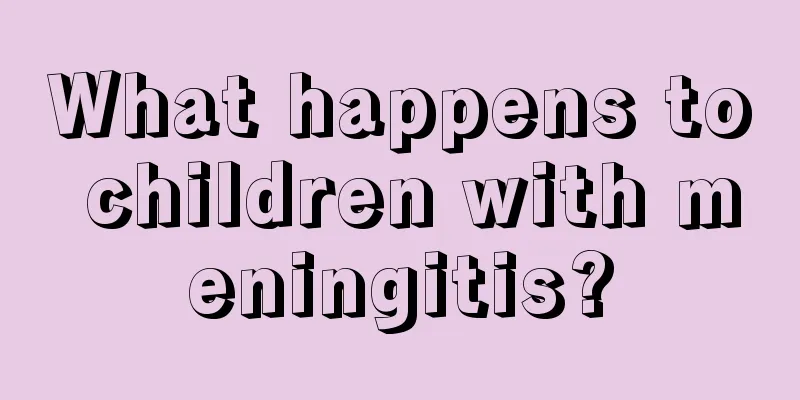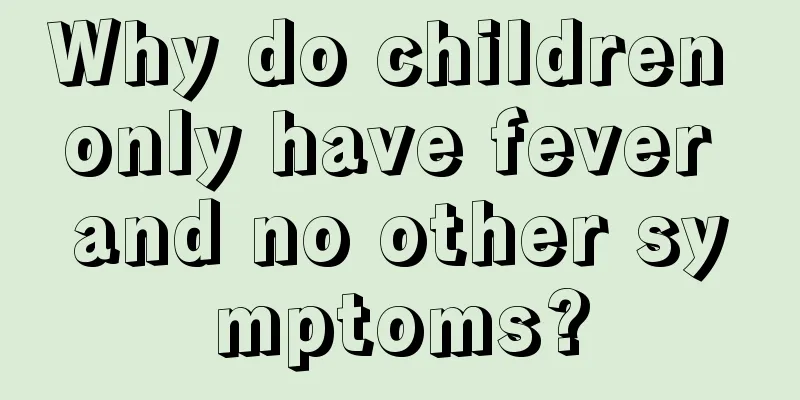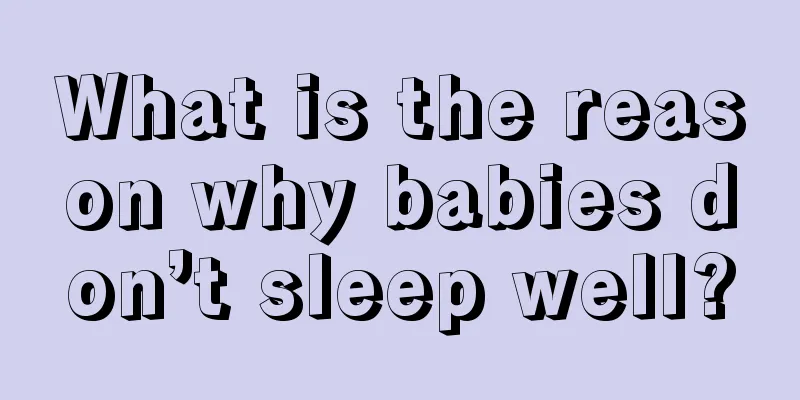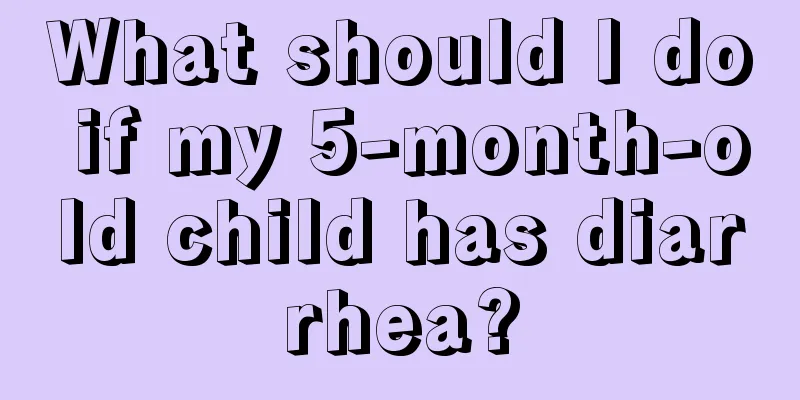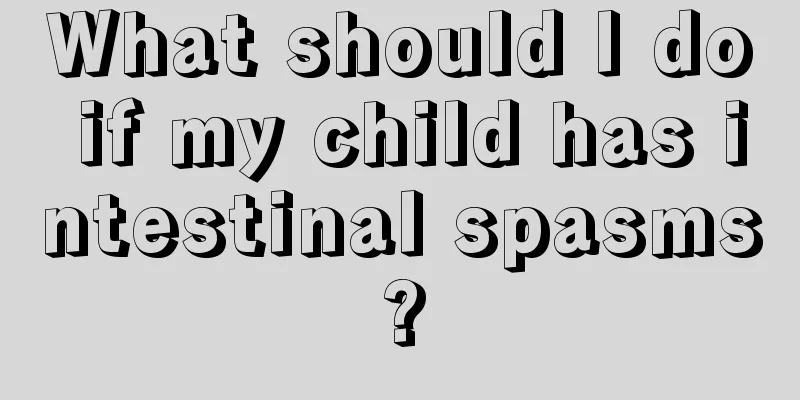What are the symptoms of intellectual disability in babies aged 0-3 years old?
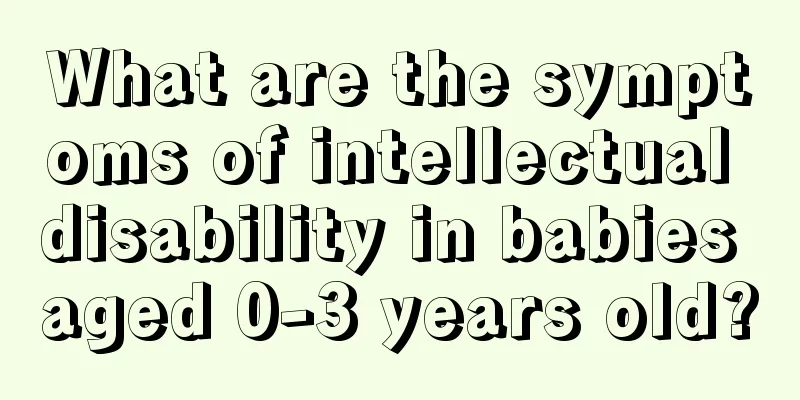
|
Every parent hopes that their children are extremely smart. After all, many parents want their children to be successful. But in fact, whether a child's IQ is high or low, in addition to being related to congenital factors, may also be related to later family education. Therefore, when a child has low intelligence, parents should not think that they are not responsible. So, what are the symptoms of low intelligence in babies aged 0-3? For infants and young children, since they cannot speak, the judgment of their intelligence mainly relies on observing the baby's movements, expressions, behaviors, and reactions to stimuli. 1. Usually cry less He cries when he is hungry and when he is wet. If a child rarely cries, only screams when encountering something, or seems indifferent to external stimuli, it is often a sign of low IQ. 2. Clumsy movements Children aged 3 to 5 months old especially like to play with their hands, but it is not normal if they still cannot play with their hands after 6 months or like to put toys in their mouths at 2 to 3 years old. Compared with normal children of the same age, children with intellectual disabilities are clumsy and even after they learn to walk they still kick each other with their feet. 3. Not able to laugh or only laugh very late Normal babies will learn to laugh at around 2 months old and can laugh out loud at 4 months old. Not being able to laugh or laughing very late is a sign of mental retardation. Abnormal signs and care of newborns 4. Eye function is not fully developed Generally speaking, a one-month-old baby will use his eyes to pay attention to the surrounding environment. When he is a little older, he will move his eyeballs to track things that interest him. However, children with intellectual disabilities often appear indifferent to the people and things around them. 5. Poor response to sound Children are often particularly sensitive to the sounds around them and are afraid of loud noises or loud noises such as thunder. If he does not respond to sounds and seems particularly "honest" even when hearing unusual sounds, it is often a sign of intellectual disability. 6. Difficulty feeding The early symptoms of babies with intellectual disability are often difficulty in feeding, inability to suck, or weak sucking, poor chewing ability, and being particularly prone to spitting up, choking, and vomiting. They also have poor nutrient absorption, leading to slow weight gain, etc. |
<<: What are the symptoms of intellectual disability in a 2-year-old baby?
>>: How to get a newborn to sleep
Recommend
How to treat chickenpox in children
Children are the people with the highest status i...
Can my baby eat eggs if he has a cough?
Babies coughing happens from time to time in our ...
How to diagnose synovitis in children and what to pay attention to
When children are sick, adults also suffer. High ...
Treatment of tongue ulcer in 2-year-old baby
If a 2-year-old baby develops tongue ulcers, it w...
What is the cause of port-wine stain on children’s lips?
If a child has a bright red stain on his lips, yo...
Redness around the child's anus
Redness around the child's anus may be caused...
What to do if your child has dermatitis and eczema?
For parents, taking good care of children is a ve...
Is keratitis contagious in children?
Keratitis is a relatively common ophthalmic disea...
How to correct canine teeth? Four things you need to know
Children with canine teeth are generally cute, an...
What to do if your child has a cough and stuffy nose
Coughing and nasal congestion in children is a co...
How to solve the problem of baby not eating nipples
In fact, parents will face many troubles when it ...
What are the dangers of picky eating in children
For children, their bodies are in the process of ...
Why does my child sometimes have shortness of breath?
Everyone pays a lot of attention and care to the ...
Can children eat grapefruit?
Autumn and winter are here, and grapefruit and ot...
What is the normal temperature of the baby's armpit?
It is the common wish of all parents that every c...

